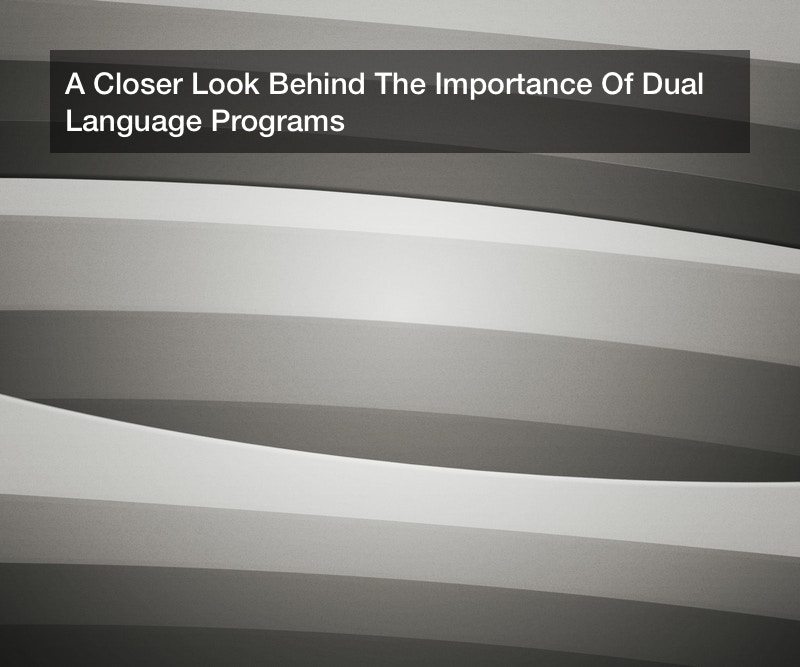
Learning a second language is something that will benefit just about everyone. Not only does learning another language (or even a third or fourth language) help you to connect with more people in the world and to deepen those connections, learning a second language (and beyond) can improve your overall quality of life considerably. As a matter of fact, it has even been found that bilingual employees have a total earning potential that is up to one full fifth higher than employees who only speak a single language.
Why is this the case? For one thing, the world is no longer monolingual. In most countries, a number of different languages will be spoken, ranging from English to Spanish to French and beyond. Spanish has become particularly prevalent, with upwards of 387 million people speaking it as their native language and even more speaking it as a second, third, or even fourth language. Already, more than 20 countries (21, to be just a bit more specific) have declared Spanish as their national language. And Spanish is now the second most spoken language in the entirety of the world, with more Spanish speakers on the planet now than even English speakers.
But if you’re looking to be bilingual, it’s best to start earlier on in life rather than later – or at least get your kids started from a very young age. This is due to the fact that very young children are natural language learners, meaning that they can pick up on languages, even foreign ones, and incorporate them into their brain development. Before the age of five (some say six) is the best period of time to introduce a new language, as kids in this period of brain development can easily learn language through the use of imitation, repetition, songs, and even games. This natural language learning, though best to begin in the first few years, continues up through the age of eight.
Fortunately, the window does not entirely close once the child in question reaches their eighth birthday. Between the years of eight and 12, kids start to begin to lose their natural aptitude for language learning, but it isn’t gone entirely. They will still be able to learn languages far more easily than their adult counterparts, something that anyone who has tried to learn a language at an older age can attest to.
Therefore, enrolling your child in something like a Spanish language immersion program is a great way to go about things. A Spanish language immersion program or really any dual language program will set up your child for success when it comes to being bilingual – and even learning additional languages down the road, as being bilingual has been found to make learning additional languages (particularly a third language) even easier and more natural. But, unfortunately, the Spanish language immersion program won’t be accessible to everyone, as a Spanish language immersion program is typically not part of the average public school curriculum, necessitating a private school education to be an option for many throughout the United States.
But even if you don’t have the means to send your child or children to a Spanish language immersion program, you can still effectively foster their language learning. For instance, Spanish curriculum lessons at the preschool level are becoming more and more popular. It is not uncommon for a preschool or even a daycare to incorporate preschool Spanish lessons into their curriculum. Spanish for preschoolers in this way might not be as intensive and all encompassing as something like a Spanish language immersion program, but it certainly is a step in the right direction.
The Spanish curriculum for elementary school is also becoming more and more prevalent, something that can help to kick off language learning before it becomes harder for children to pick up on such things. For many children, having Spanish for preschools or Spanish for elementary schools helps to introduce Spanish language learning in a very natural way. And, as has been discussed at length above, this is something that can prove hugely beneficial at the end of the day and in your child’s life years after they have finished their education.
